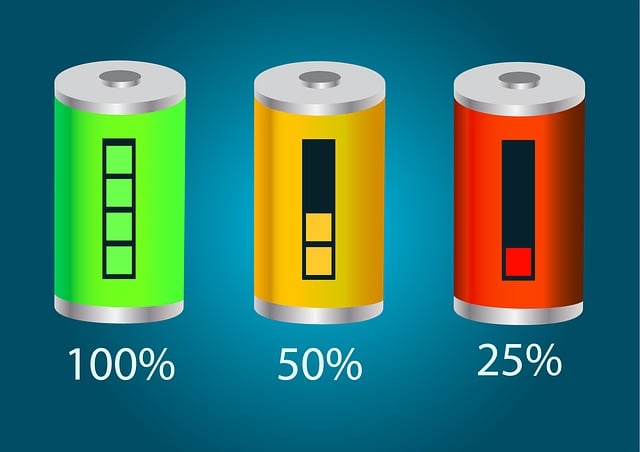Oregon's progressive drug laws offer defenses for individuals facing charges, as outlined in the Oregon drug guide. Key aspects include medical necessity, addiction as a mitigating factor, and privacy rights for personal medication. Navigating evidence challenges and witness credibility is crucial, along with understanding sentencing options based on drug type, amount, and prior convictions. Consulting a specialized attorney is vital for tailored guidance throughout the legal process.
In Oregon, understanding drug laws and defenses is crucial for anyone facing drug-related charges. This comprehensive Oregon drug guide explores key aspects of the state’s legal framework, offering insights into what you need to know. From common defense strategies for drug charges to punishment options and a step-by-step legal process guide, this resource equips you with essential information to navigate these complex matters effectively.
- Oregon Drug Laws: What You Need to Know
- Common Defense Strategies for Drug Charges
- Understanding Punishment and Sentencing Options
- Navigating the Legal Process: Step-by-Step Guide
Oregon Drug Laws: What You Need to Know

Oregon has some of the most progressive drug laws in the country, reflecting a shift towards health-based approaches to substance use disorder. This Oregon drug guide offers insights into what individuals facing drug-related charges should know about the state’s legal framework.
The state prioritizes treatment and recovery over strict punishment, with several defenses available for those accused of drug offenses. These include arguments centered around medical necessity, addiction as a mitigating factor, and the constitutional right to privacy regarding personal medication. Understanding these laws is crucial for anyone navigating Oregon’s drug charges, as it can significantly impact the outcome of their case.
Common Defense Strategies for Drug Charges

Facing drug-related charges in Oregon can be a complex and daunting task, but understanding common defense strategies can provide individuals with valuable insights. One prominent approach is challenging the admissibility of evidence, especially regarding illegal searches and seizures. This strategy involves scrutinizing the police procedures to ensure they adhere to the state’s constitution and legal frameworks, which often require warrants based on probable cause.
Another frequently employed tactic is raising questions about the reliability and credibility of witness testimonies. In Oregon drug cases, these may include informants or undercover officers. Defendants can challenge the accuracy and motives of such witnesses, aiming to cast doubt on the prosecution’s case. Additionally, legal professionals might argue that the defendant’s actions were not criminal but rather a result of addiction or lack of understanding the law, offering alternative explanations and mitigating circumstances. These strategies form an essential part of the Oregon drug guide, empowering individuals to navigate their legal options effectively.
Understanding Punishment and Sentencing Options

In Oregon, understanding the potential consequences of a drug-related charge is paramount. The state follows a robust drug sentencing framework that considers both the type and amount of drugs involved, as well as any prior convictions. Sentencing options vary widely, from probation and community service to fines and imprisonment. For instance, possession charges might lead to a fine and mandatory attendance at education programs focused on addiction and recovery. More severe cases involving distribution or larger quantities could result in lengthy prison sentences.
The Oregon drug guide outlines these punishments clearly, aiming to deter drug use while also offering support for those seeking treatment. It’s crucial for individuals facing such charges to consult with legal experts who can navigate the complex system, ensuring they understand all available defenses and sentencing alternatives tailored to their unique circumstances.
Navigating the Legal Process: Step-by-Step Guide

Navigating the legal process for drug-related charges in Oregon can be daunting, but understanding the steps involved can help clarify your options and rights. The first step is to remain calm and seek out experienced legal counsel who specializes in Oregon drug law. They will guide you through the initial hearing where a judge determines if there’s probable cause for the charges against you.
Next, your attorney will review the evidence against you, assess its strength, and begin building a defense strategy tailored to your unique circumstances. This may include challenging the legality of the arrest or search, disputing the evidence presented, or arguing for reduced charges or sentencing. Remember, each case is distinct, so following this Oregon drug guide provides only a general framework; consulting with a legal professional who can offer personalized advice is crucial for navigating these complex proceedings effectively.






